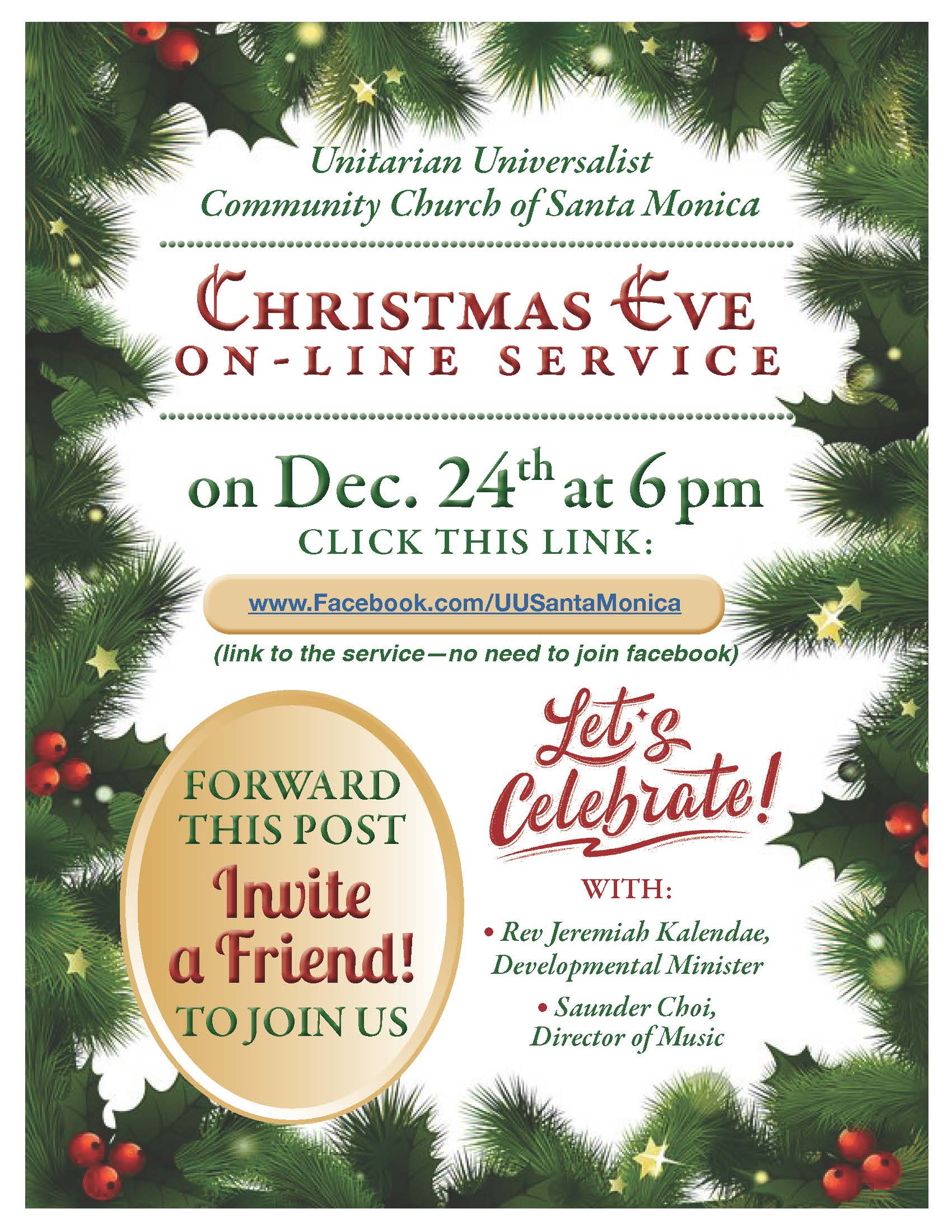News & Announcements Archive
September Generous Congregation Supports the International Rescue Committee
HELP AFGHAN REFUGEES
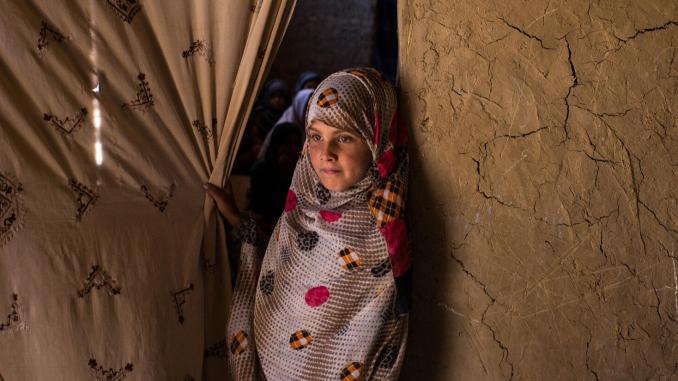
UUSM Weekend at Camp de Benneville Pines Postponed

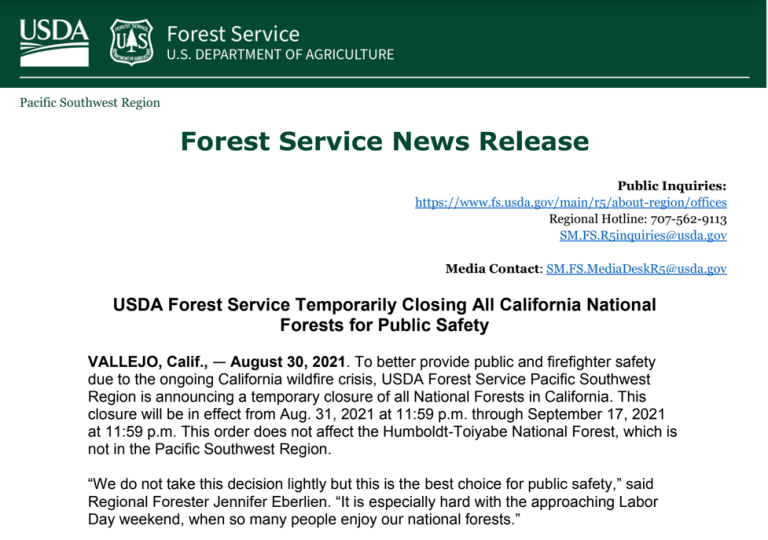
New UUSM Chalice Circles Begin in October
BUILDING BELOVED COMMUNITY TOGETHER

- Name
- Phone number
- Chalice Circle choice – please include a 1st Chalice Circle choice and a Chalice Circle 2nd choice.
Share Your Videos for Ingathering Water Communion
 It's hard to believe, but it's time to celebrate our new church year with our Annual Ingathering and Water Communion Service on Sunday, September 26th at 10:30 am. Like last year, we will join from the safety of our homes. We would love to include you in the ceremony. We are hoping you will record a short video of yourself or your family pouring a libation of water into a larger bowl of water with a few inspiring words to include in the service. We ask that you consider your hopes, dreams, or prayers for the new church year.
It's hard to believe, but it's time to celebrate our new church year with our Annual Ingathering and Water Communion Service on Sunday, September 26th at 10:30 am. Like last year, we will join from the safety of our homes. We would love to include you in the ceremony. We are hoping you will record a short video of yourself or your family pouring a libation of water into a larger bowl of water with a few inspiring words to include in the service. We ask that you consider your hopes, dreams, or prayers for the new church year.
Online Events in August

 Book Study – Gifts of Imperfection – Saturday, August 7, 2021, 8:30 am – 9:45 am, Zoom Meeting. It’s been 10 years since Brene Brown published The Gifts of Imperfection. Now she’s doing a 6-week 10th anniversary deep dive into how we can transform the gifts of imperfection into a deeply fulfilling life. Everyone is welcome. Visit https://brenebrown.com/thegifts-hub/ for more info. Then grab the book, take the Wholehearted Living inventory, check out the podcast and join us online! Hosted by Jacki Weber and Beth Brownlie. This class repeats every week until August 28, 2021, except July 31, 2021, and August 21, 2021. Email Teri at uusmreassist@uusm.org for the Zoom link and registration.
Book Study – Gifts of Imperfection – Saturday, August 7, 2021, 8:30 am – 9:45 am, Zoom Meeting. It’s been 10 years since Brene Brown published The Gifts of Imperfection. Now she’s doing a 6-week 10th anniversary deep dive into how we can transform the gifts of imperfection into a deeply fulfilling life. Everyone is welcome. Visit https://brenebrown.com/thegifts-hub/ for more info. Then grab the book, take the Wholehearted Living inventory, check out the podcast and join us online! Hosted by Jacki Weber and Beth Brownlie. This class repeats every week until August 28, 2021, except July 31, 2021, and August 21, 2021. Email Teri at uusmreassist@uusm.org for the Zoom link and registration.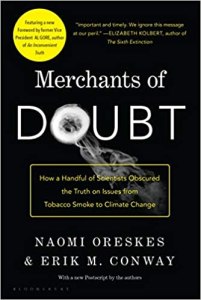 Science Non-fiction Book Group – Tuesday, August 17, 2021, 7:30 pm – 9:00 pm, Zoom Meeting. We will discuss Merchants of Doubt: How a Handful of Scientists Obscured the Truth on Issues from Tobacco Smoke to Climate Change, by Naomi Oreskes and Erik Conway. It would be nice if science were pure, but when high-level scientists have deep connections to politics and industry, a true sense of reality can be delayed by decades. To receive the link, you will want to be on the group email list. Contact: Rebecca Crawford, sci-nonfiction@uusm.org. All are welcome.
Science Non-fiction Book Group – Tuesday, August 17, 2021, 7:30 pm – 9:00 pm, Zoom Meeting. We will discuss Merchants of Doubt: How a Handful of Scientists Obscured the Truth on Issues from Tobacco Smoke to Climate Change, by Naomi Oreskes and Erik Conway. It would be nice if science were pure, but when high-level scientists have deep connections to politics and industry, a true sense of reality can be delayed by decades. To receive the link, you will want to be on the group email list. Contact: Rebecca Crawford, sci-nonfiction@uusm.org. All are welcome. Open Meditation Wellsprings – every Wednesday and Friday, 12:00 pm – 1:00 pm, Zoom Meeting. We listen to brief readings, sit together quietly for twenty minutes, journal and share with each other what’s on our hearts. You are welcome to join us when it feels right for you. If you come in late or need to leave early, just do so quietly. These are exceptional times, and we trust each person to use the group in a way that fits their need. Taking this time for quiet meditation and sharing in the intimacy of having sat in silence together can help sustain and ground us during these difficult days. Please email meditation@uusm.org for the Zoom link.
Open Meditation Wellsprings – every Wednesday and Friday, 12:00 pm – 1:00 pm, Zoom Meeting. We listen to brief readings, sit together quietly for twenty minutes, journal and share with each other what’s on our hearts. You are welcome to join us when it feels right for you. If you come in late or need to leave early, just do so quietly. These are exceptional times, and we trust each person to use the group in a way that fits their need. Taking this time for quiet meditation and sharing in the intimacy of having sat in silence together can help sustain and ground us during these difficult days. Please email meditation@uusm.org for the Zoom link.August Generous Congregation Supports UUA Disaster Relief Fund


July 2021 Worship Services at 10:30 am
VIRTUAL SUUMMER ROAD TRIP
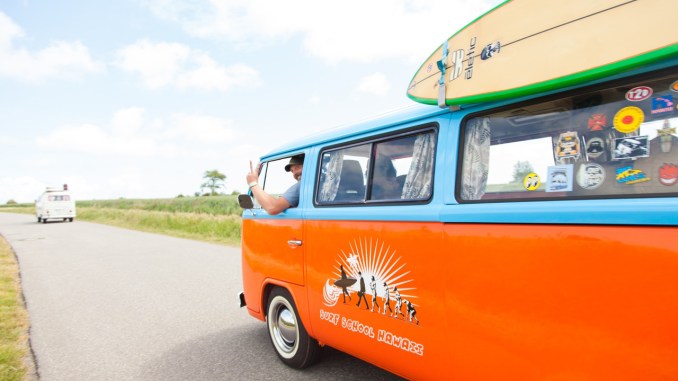
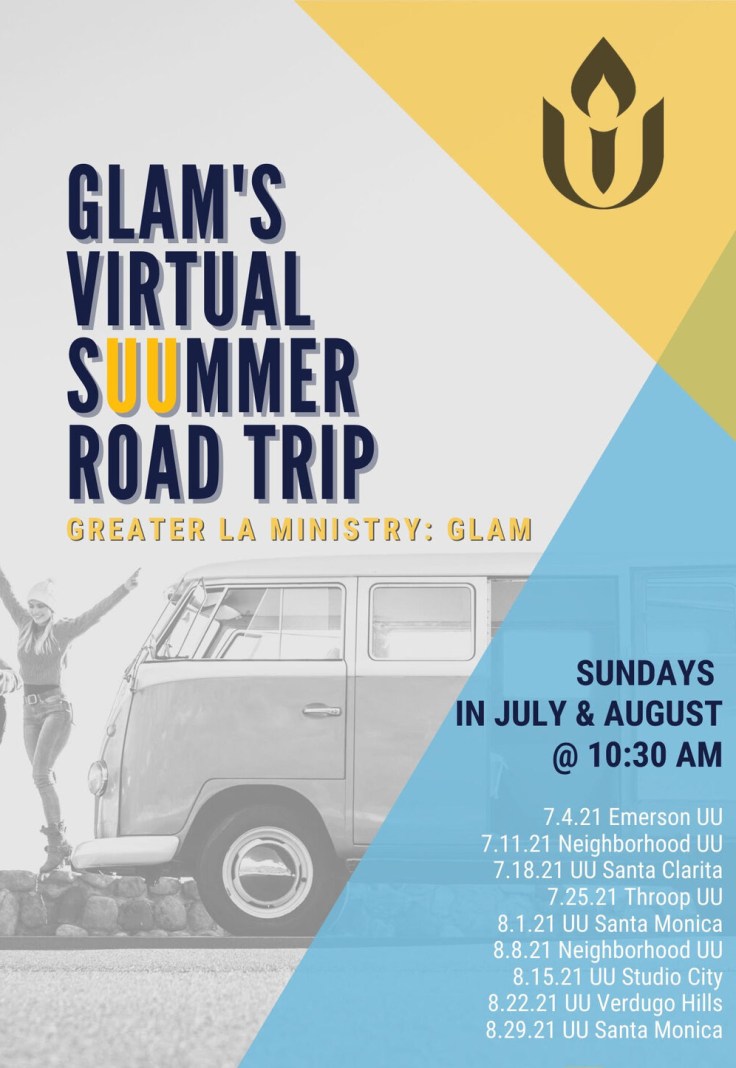
2021 Annual Report on Programs

Our Spring Dining for Dollars Ended May 23rd in Success!
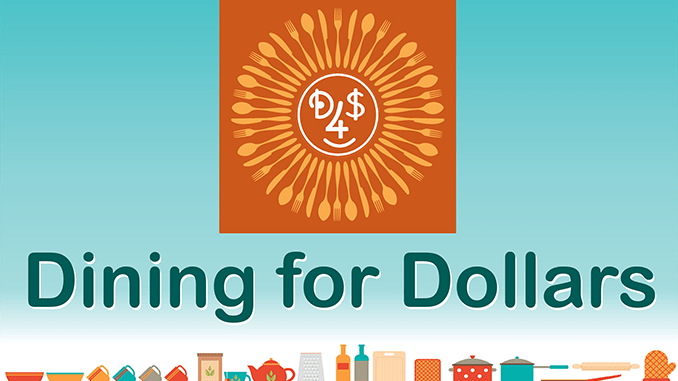
June Generous Congregation Supports TransLatin@ Coalition
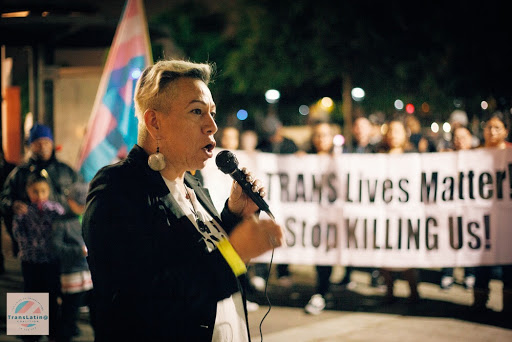

Our Spring Dining for Dollars Is Almost Here!
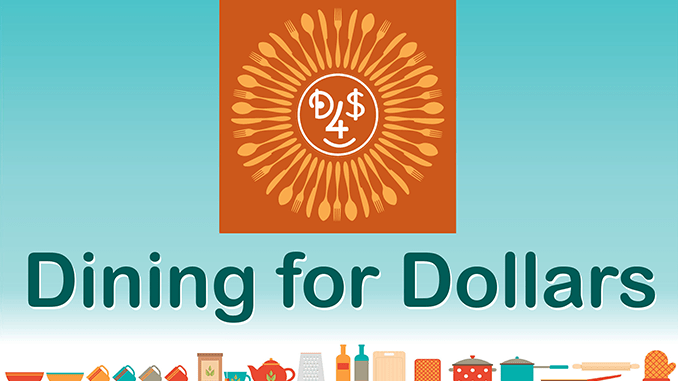
April Generous Congregation Supports UU Ministry For Earth (UUMFE)
TEXT NOW TO SUPPORT UUMFE
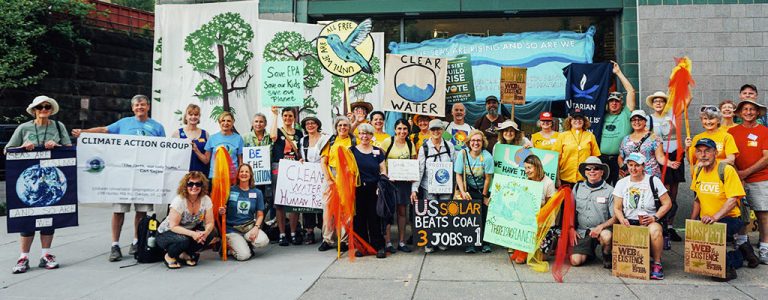
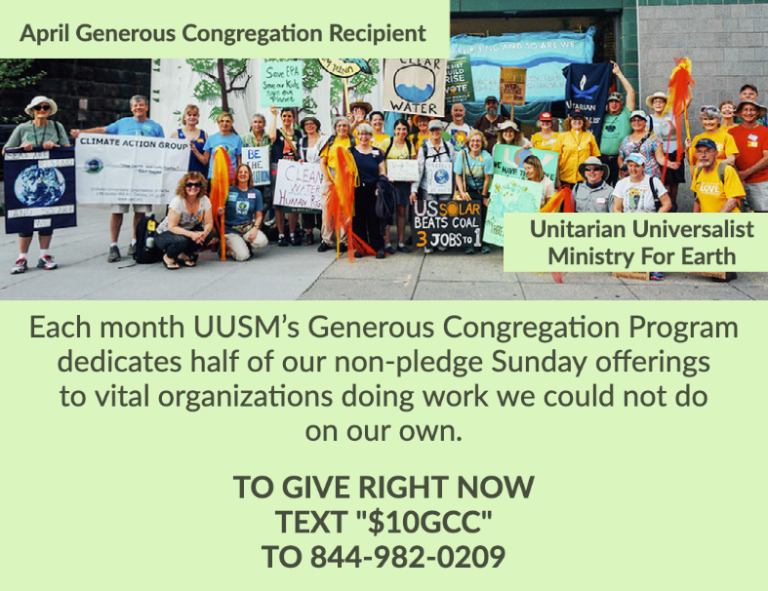
Dining for Dollars is BACK!

- Bidding for the Spring Auction will take place Sunday May 16th through Sunday May 23rd.
- Events will be held between end of May and Ingathering.
Please Save the Date: A Celebration of the Life of Rev. Ernest D. Pipes, Jr. -
October 6, 1926 – February 10, 2021

Save the Date! UUSM Camp at de Benneville Pines
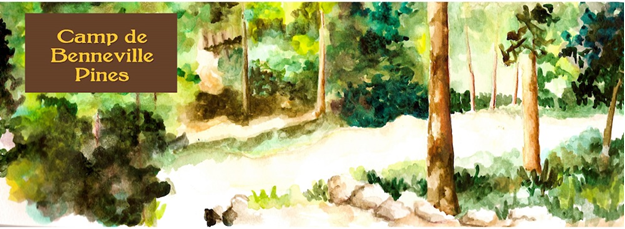
2021 Women’s Virtual Spring Retreat at Camp de Benneville Pines, April 30-May 2
FOCUSING ON WORK THAT RECONNECTS
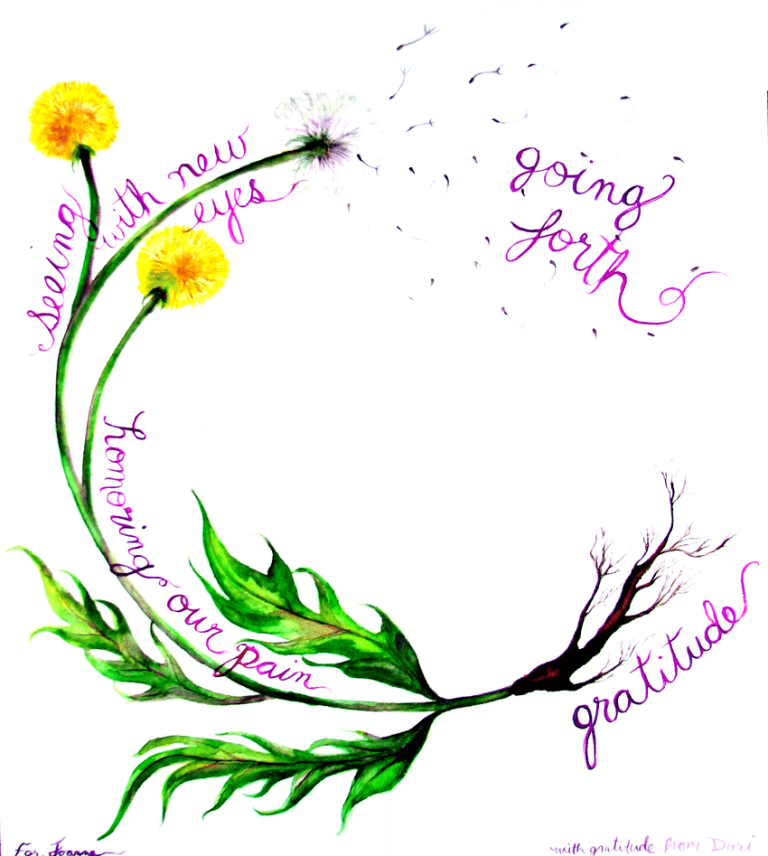
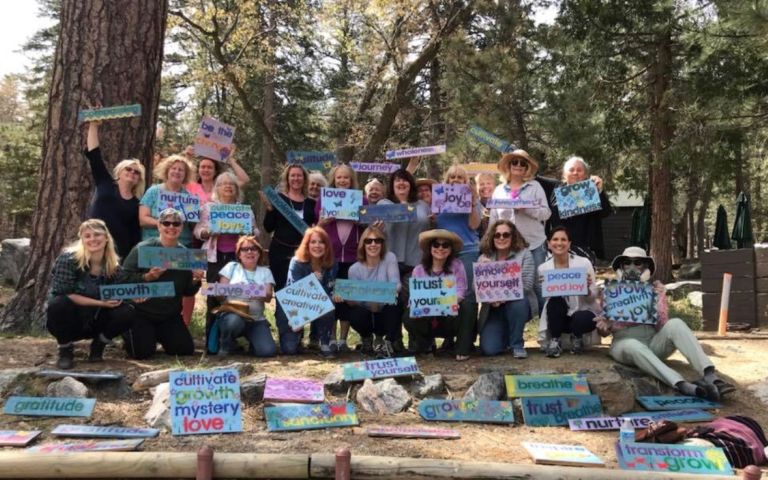
Bylaws Refresh Task Force 2021 - NEW BYLAWS UNDER CONSIDERATION

 The initial effort is one of discovery as task force members review our current bylaws alongside best practices from Unitarian Universalist Association and other UU congregations. They recognize the need to move forward deliberately and collaboratively with the UUSM congregation.
The initial effort is one of discovery as task force members review our current bylaws alongside best practices from Unitarian Universalist Association and other UU congregations. They recognize the need to move forward deliberately and collaboratively with the UUSM congregation.Consider Coming to Camp - OUR DE BENNEVILLE PINES WEEKEND
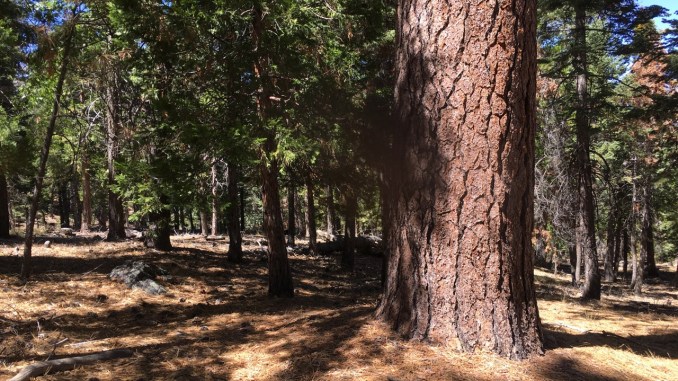
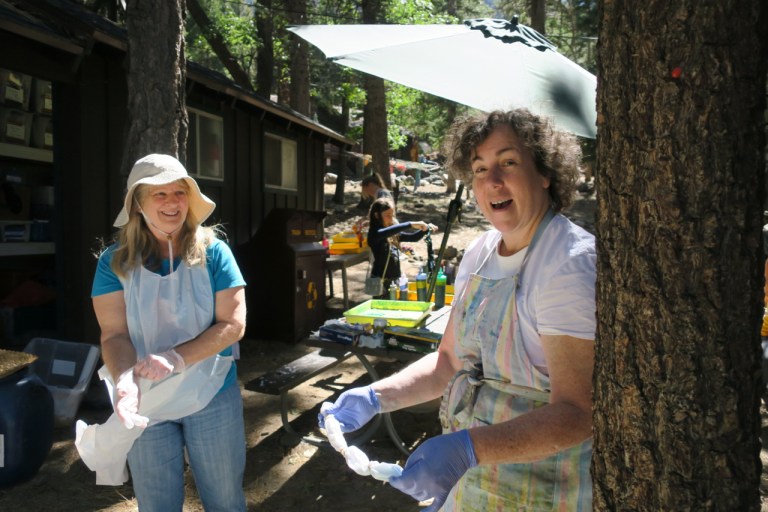 If you are a former camper, a would-be camper, or just a fan of mountains and trees, put your name on the “I’m Interested List” by emailing the committee at debenneville@uusm.org.
If you are a former camper, a would-be camper, or just a fan of mountains and trees, put your name on the “I’m Interested List” by emailing the committee at debenneville@uusm.org.
March Generous Congregation Supports Trans Lifeline
TEXT NOW TO SUPPORT TRANS PEOPLE IN CRISIS
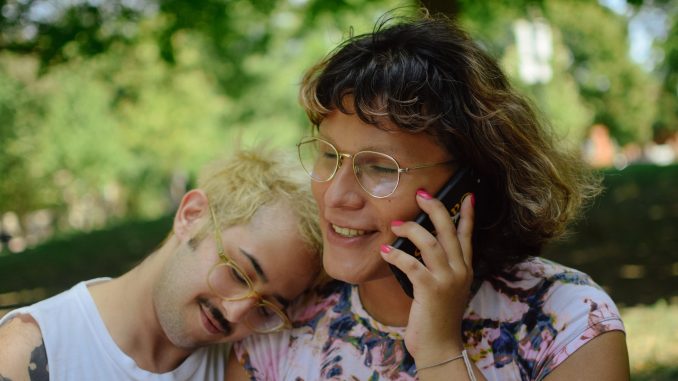

February Generous Congregation Supports The People Concern

A multiplicity of factors has led to an ever-growing number of individuals in crisis and living in cars or on the street, including many working people who cannot afford our city’s high housing costs. A lack of meaningful coordination among government agencies and a focus on criminalizing people who live on the street have converged to disproportionately affect people of color, particularly African Americans. LA’s 2020 count of unhoused persons showed another rise in numbers year over year. And the 2020 count was conducted before the coronavirus pandemic hit. Even with mortgage relief and protection from eviction, the problem could worsen significantly as the pandemic rages and businesses close.
 Our practice here at UUSM is to dedicate half of our non-pledge Sunday offerings to organizations doing work in the world that advances our Unitarian Universalist principles; the other 50% of the offering is used to support the life of our church.
Our practice here at UUSM is to dedicate half of our non-pledge Sunday offerings to organizations doing work in the world that advances our Unitarian Universalist principles; the other 50% of the offering is used to support the life of our church.
Darwin Day: A Declaration of Interdependence
FEBRUARY FREETHINKER FORUM

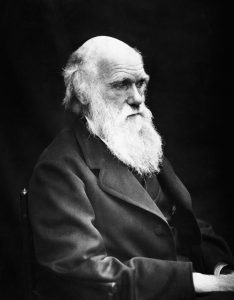 UUSM’s Agnostics, Atheists, Humanists and Secularists (AAHS) group will host a special AAHS Freethinker Forum for Darwin Day (note the later start time) this month. We’ll view and discuss a video presentation by the Rev. Dr. David Breeden, Senior Minister of First Unitarian Society of Minneapolis, a Unitarian Universalist congregation originally founded in the late 1800s by a group of people wanting to read and understand Darwin’s work. David asks us to consider how “Darwin’s dangerous idea” interrupted what Western societies had long believed about “the great chain of being,” and how evolution by natural selection continues to both challenge and inspire us.
UUSM’s Agnostics, Atheists, Humanists and Secularists (AAHS) group will host a special AAHS Freethinker Forum for Darwin Day (note the later start time) this month. We’ll view and discuss a video presentation by the Rev. Dr. David Breeden, Senior Minister of First Unitarian Society of Minneapolis, a Unitarian Universalist congregation originally founded in the late 1800s by a group of people wanting to read and understand Darwin’s work. David asks us to consider how “Darwin’s dangerous idea” interrupted what Western societies had long believed about “the great chain of being,” and how evolution by natural selection continues to both challenge and inspire us.Join Us for Beloved Conversations: Virtual!

- $250 US dollars per person
- $300 US Dollars per person*/**
- $350 US dollars per person**
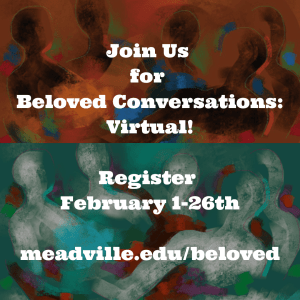 How do I register?
How do I register?
UUSM Online Auction: Zoom Pizza-Making Party
THE FIRST EVENT OF THE SEASON!



Generous Congregation Recipients: UNICEF, then the Southern Christian Leadership Conference (SCLC)
Christmas Eve Candle Lighting — Light Your Candle
AN INVITATION
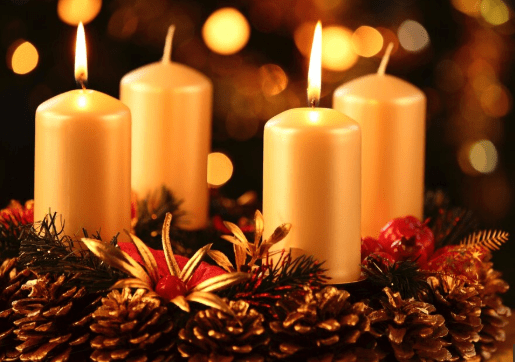
This Christmas Eve service will be like none other. To bring in the sharing of the light that we usually do, we would like to include a candle lighting from as many people as we can get. If you submit a short video of you or your COVID pod lighting a candle following the parameters listed below, we can include it in the December 24th service. Please note the time frame plus the email address and subject line so we can get your video in time to include it with the other elements of the service.
 Videos can be submitted with the following parameters:
Videos can be submitted with the following parameters:
- Portrait mode is preferred if possible.
- Hold steady for at least 5 seconds, then light your candle.
- Move the lit candle closer to the camera, as if offering the light to the world.
- Hold that pose for about 30 seconds, before ending the video.
In keeping with the spirit of Christmas Eve and our theme of stillness, be mindful of any background sounds as you are taking the video.
Videos can be sent to worshipassociates@uusm.org with the subject “Candle lighting video” by December 16th.
Here is a demonstration:
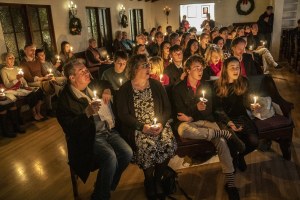 What a gift to be able to see as many people as we can this holiday season! Please join us at 6:00 pm Thursday, December 24th as we joyfully sing the carols of the season from around the globe and consider the deeper meaning of the story of Christmas. The night’s offering will benefit the Minister’s Discretionary Fund, which is used to help members and friends in need and to fund special projects throughout the church year.
What a gift to be able to see as many people as we can this holiday season! Please join us at 6:00 pm Thursday, December 24th as we joyfully sing the carols of the season from around the globe and consider the deeper meaning of the story of Christmas. The night’s offering will benefit the Minister’s Discretionary Fund, which is used to help members and friends in need and to fund special projects throughout the church year.
December Generous Congregation Supports UNICEF
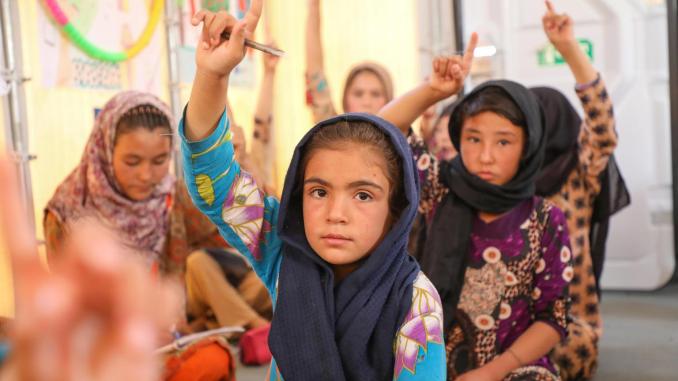
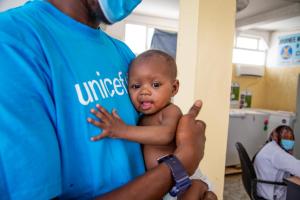

Holiday Community Dialogue Circle
WEDNESDAY, DECEMBER 16 AT 7-8:30 PM ON ZOOM

Invite a Friend for Christmas Eve Online at UUSM
